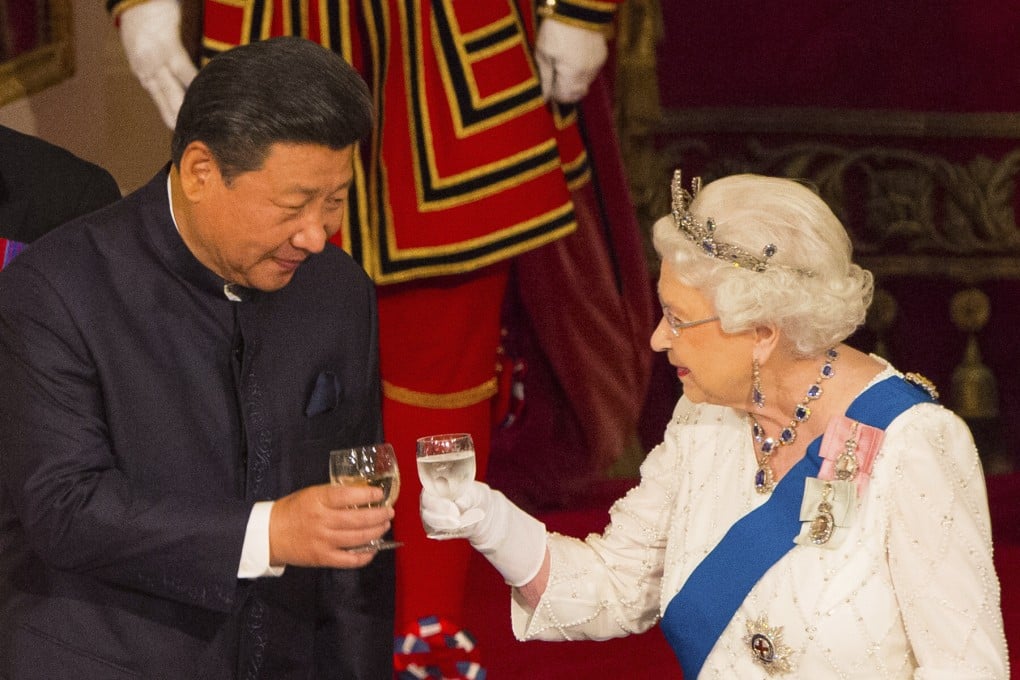Opinion | Why Britain must stop seeing China as a threat to secure its future prosperity
- Johnson and his government are struggling to find a balance between Britain’s traditional alliance with the US and China’s economic opportunities
- The UK must have a clear, coherent China strategy as it cannot afford to antagonise the ‘growth engine of the world’

The current dilemma facing world leaders is unavoidable. It appears to come with a bag of mixed blessings, especially during an era of intensified competition between China and the United States.
This certainly applies to the United Kingdom. British Prime Minister Boris Johnson and his government are struggling to find a balance between Britain’s historical allegiance to Washington and the opportunities presented by a closer relationship with Beijing.

Beijing invested £3.2 billion (US$4.4 billion) in the UK in 2019, accounting for 0.2 per cent of Britain’s total inward foreign direct investment. While this is to be welcomed, every country has the right to protect its national security and needs to be able to scrutinise inward investments that may pose a threat.
